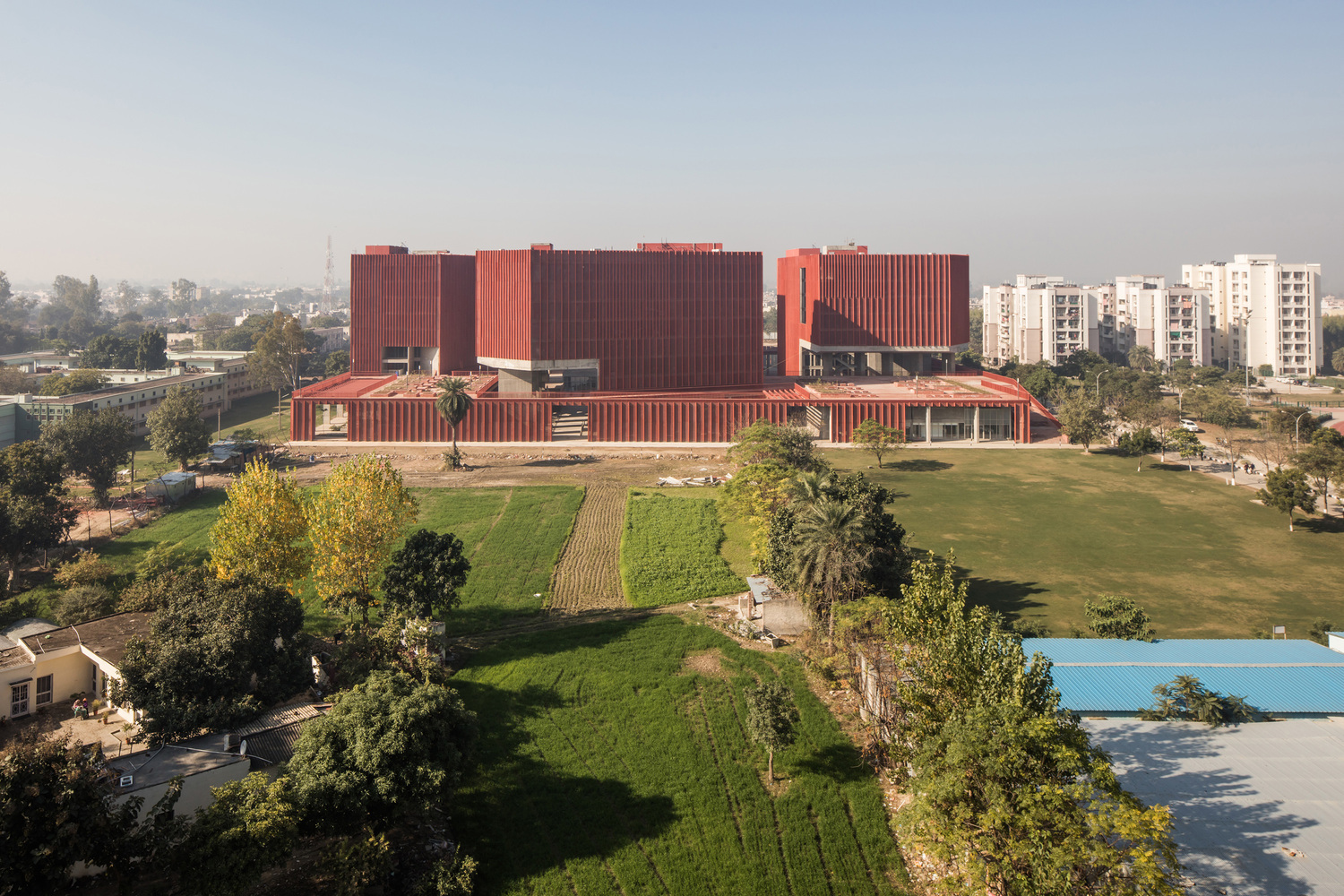About
Peering into the future at the dawn of a new decade, the most pressing problems facing humanity can perhaps be best summarized by two grand challenges—climate change, and reducing meeting the basic needs of people world-wide without adversely affecting the environment and the income/wealth inequity. In other words, the over-riding aim of our research is to reverse the positive trends in the Keeling curve and the Gini coefficient. At a minimum, we want to flatten these curves. Complex and daunting as these might be, we have a set of powerful converging and emerging technologies—big data, nanotechnology, information technology, cellular and molecular biology, and additive manufacturing, to name a few, at our disposal to meet these challenges. Emerging materials at the nano and atomic scales form one of the most exciting platforms to tackle these problems. They possess unique physical, chemical, thermal, mechanical, and optical properties, enabling scientists and engineers to explore and develop disruptive innovative (Black Swan) and transformative solutions in medicine, self-healing structures, imaging, computing, energy storage and harvesting, water conservation, and purification, to name a few. Among these, graphene—the so-called wonder material—has attracted the attention of a vast body of researchers. However, its high cost has limited its use mostly in academia and research laboratories.
Our current research is built around the above-mentioned multi-purpose, multi-physics material—coal-derived graphene. Further description of our current projects is on the Research page. An integral part of our research is global collaboration. It is our firm belief that the major problems facing humanity are interdisciplinary and global in nature. In recognition of this, an integral part of our research effort is developing and leveraging collaborative global networks. To this end, we have established strong relationships with Virginia Tech, USA.
CEEMS was established under an agreement made and signed May 29, 2019, by and between Virginia Polytechnic Institute and State University, USA and Thapar Institute of Engineering and Technology, Patiala (Punjab), India. CEEMS (or originally Center of Excellence in Frontier Materials, CEFM) as a joint research center in Patiala on the broad area of Emerging/Frontier Materials and enrolled faculty, post-doctoral fellows and PhD students to work on the subject. Prof. Roop Lal Mahajan is the inaugural Thapar Chair Professor , and Prof. Rajeev Mehta has been appointed as Coordinator CEEMS.


